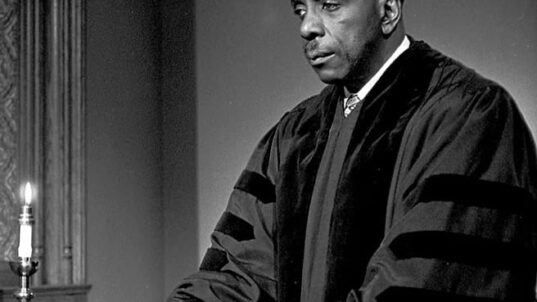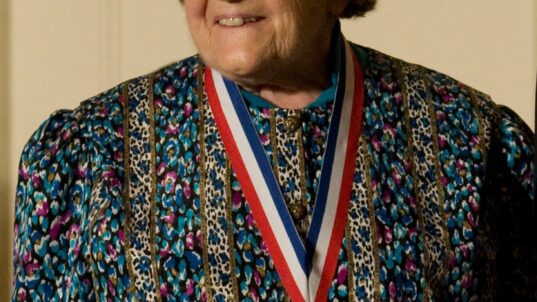In previous posts I’ve emphasized that successful exploratory public discussions tend to have more to do with the facilitator than with the Reports that are used to get them going. The Reports might matter; but the way the discussion is handled is likely to matter more. This is one reason that IF is beginning to experiment with alternatives to conventional written documents as starting points for public discussions. In the future, we will probably retain some sort of written discussion guides or references, but our emphasis may well shift to oral and/or video presentation of conceptual possibilities.
There are several reasons IF might complement its written discussion materials with other media. I’ve mentioned the first, “negative” reason before: a textual focus works well when people have the time and ability to carefully study a document; however both of these always scarce resources are in rapidly diminishing supply nowadays. Audio and visual presentations are, on the contrary, fast and accessible.
Meanwhile, audio and visual presentations are likely to be better than IF’s current Citizen Discussion Reports at conveying necessary technical background information.
Audio and visual presentations can also present concerns about a topic and differing points of view about how to respond clearly and engagingly.
Finally, there is the question of familiarity: for better or worse, the world is moving away from text and toward sound and images.
So there seem to be many and good reasons to try out some less stuffy forms of staff work for public discussion. As we do, it will make sense to look for ways to retain some of the special advantages of the written format, especially its attention to the history and language of the sanctuary discussions in which it originated, on the one hand, and its combination of conceptual breadth and depth, on the other.
In the end, IF may see written and other forms of discussion materials not as an either/or choice but as a question of yes-and—not as opposites, but as two different tools to be used in various combinations.



